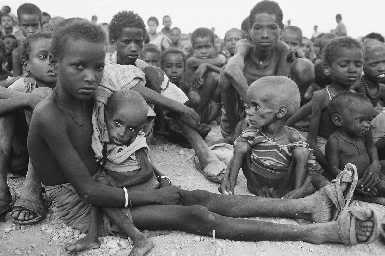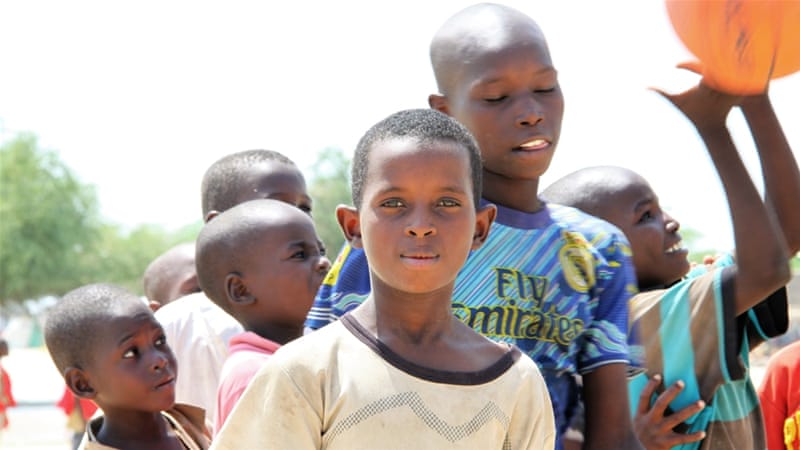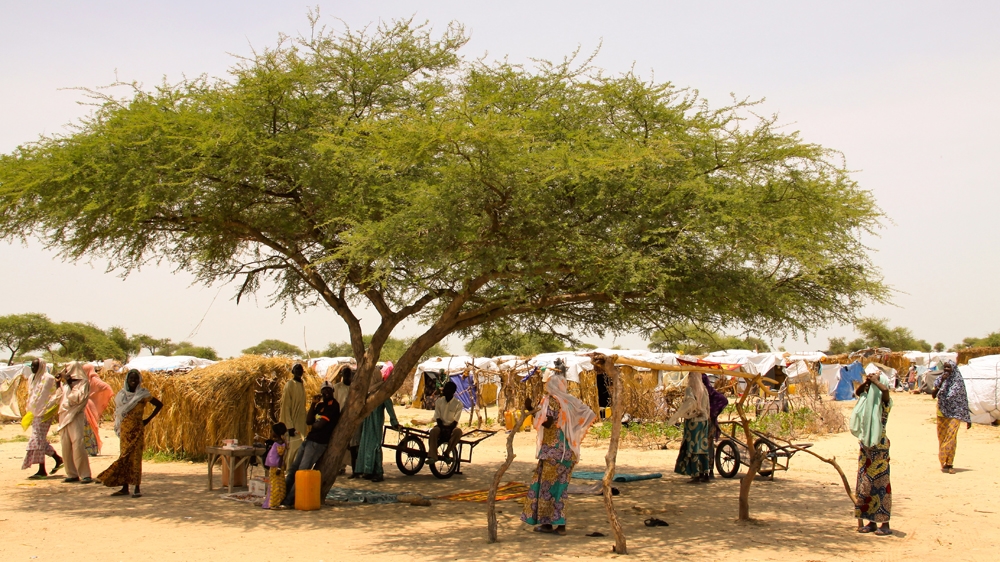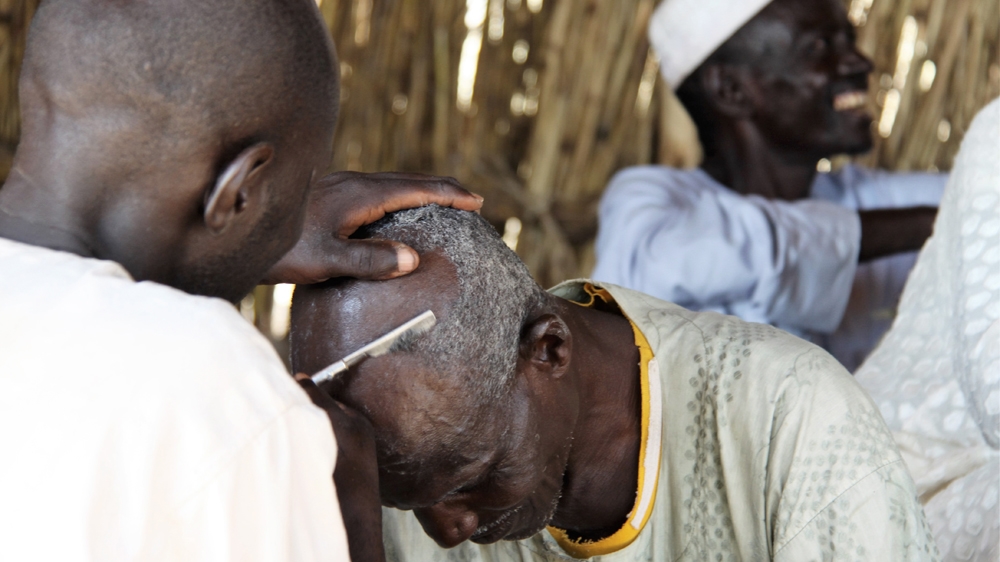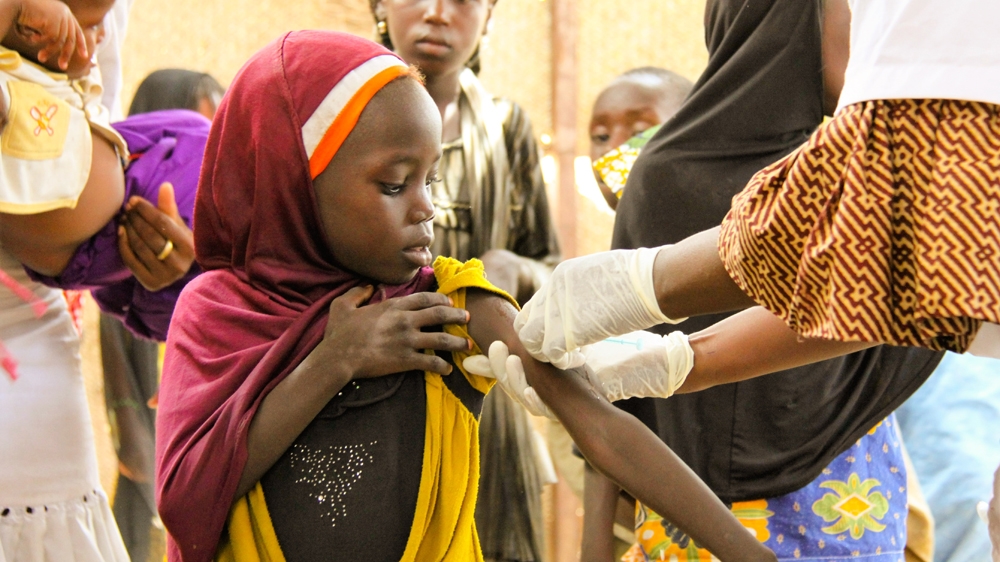
Inside the headquarters of the Nigerian Air Force (NAF) Abuja, the vision statement of the Chief of the Air Staff (CAS), Air Marshal Sadique Abubakar was boldly written. The statement reads: “To re-position the NAF into a highly professional and disciplined force through capacity building initiatives for effective, efficient and timely employment of air power in response to Nigeria’s national security imperatives.”
On the surface, it may look like one of those well-crafted mission statements which usually end up as empty statements, but for the man who is referred to simply as “chief”, the vision is worth every weight.
One of the ways which the CAS is hoping to re-write history and fulfil his vision is through education not only of Air Force personnel-which is done through training- but also providing for the needs of the dependents of his men through provision of world-class educational facilities.
One of such is the Air Force Girls’ Comprehensive School located at the NAF Base Abuja. The NAF was not the original initiator of the school, but the Nigerian Air Force Officers Wives Association (NAFOWA) led by Hajia Hafsat Abubakar, wife of the CAS. But the NAF took over the construction of the school after NAFOWA ran out of resources to complete it in 2013.
In December 2015, the CAS directed that work should resume and in eight months, a world class infrastructure stood in the ruins of the abandoned structure. What was built was described by the Minister for Education, Mallam Adamu Adamu, who was represented by the Permanent Secretary, Dr. Folasade Yemi-Esan as a “21st century school.” The sparkling new school boasts a mini stadium, dining hall, hostel, tennis court, fully equipped classrooms, a library and a clinic. There is a standby generator to provide electricity while the science, art and agriculture laboratories and four other classrooms are equipped with interactive white boards which enables the students to experience the three ways of learning: hear, see, feel.
Educating the girl child
The CAS did not bite his lips when he enumerated the importance of educating the girl child and why the NAF view it as one of its cardinal focus.” Our experience in fighting insurgency in the Northeast indicates the exploitation of the girl-child by insurgents due to low literacy level. At present, birth rate statistics show that 65 percent of births are girls. It is documented by most state Ministries of Education that the enrolment of girls in secondary schools is below 45 percent.
“This statistic is further supported by the results of the West African Examination Council. For instance in 2011out of a total of 688,516 girls that sat for the examination, only 226,804 got 5 credits. Similarly in 2012, about 747,553 girls sat for the examination and only 310,822 were successful.”
The CAS said this NAF resolved to establish the school as “our modest contribution to Mr. President’s efforts at enhancing girl-child education in Nigeria.” With the new school, the NAF now has two secondary schools dedicated to girl-child education with one in Jos and Abuja respectively. He added that the school will educate the hearts and minds of the girls that would pass through its gates.
For the Minister of Education, the construction of the school was “humbling” also stressing that the ratio of girl child education to boys is 1:3 in some states. This is also reinforced by the extremism of Boko Haram and the risks associated with girl child education kept the female educational attainment perpetually low.
After commissioning the school and a tour of the facilities was conducted, Dr. Yemi Esan said: “ I came here with some uncertainties but I am impressed, this school is directed towards the underprivileged to curt out of school syndrome, we encourage other arms of government to follow suit, this is a 21st century school.”
Yemi- Esan would not be the only one to be impressed, the next day at the Air Force Base Kaduna where NAFOWA had rehabilitated a nursery school and added the NAFOWA Little Angels Primary School, the CAS was also left impressed.
“I am overwhelmed,” he said when he was called to make a remark after the school had been commissioned by Hajia Aisha Buhari, the wife of President Muhammadu Buhari, represented by the wife of Kaduna State Governor, Hajia Hadiza El-rufai.
“Four years ago, I brought my daughter to the crèche here, but I am sure she cannot recognize her school again because of the transformation,” he said. Like the girls school, the NAFOWA Primary school was built to world standard with ample playing room for the children, a fully equipped library and computer centre, spacious and conducive atmosphere for learning, white black boards, fully equipped home economics room and a crèche with modern facilities.
While the CAS may have focused on education for the dependents of personnel, the real driver of these projects is adding value to the society.” Adding value to the society is our core mandate, I strongly belief that adding value to the society is the best legacy we can bequeath to our children,” he said.
But there is also a greater vision: thinking ahead.
“We have recruited 2,400 personnel and with the increase, you must start thinking of infrastructure. Our actions are driven by the desire to add value to society and that is the right direction to go,” he said.
There are many worries that come with such projects, will the infrastructure not a pointer to an exorbitant school fees. Will the school be opened to children of civilians and how would the NAF maintain such a high standard facility, how much was expended into the project?
The CAS has answers for all. The school will follow the usual NAF fees schedule without adding anything on, the school will be opened to civilians, the NAF has maintenance structure put in place and the schools are of high standard so will stand the test of time and the schools are built using direct labour from the NAF, thereby cutting costs and enhancing the skills of Air Force engineers.
SOURCE: Thenationonlineng

